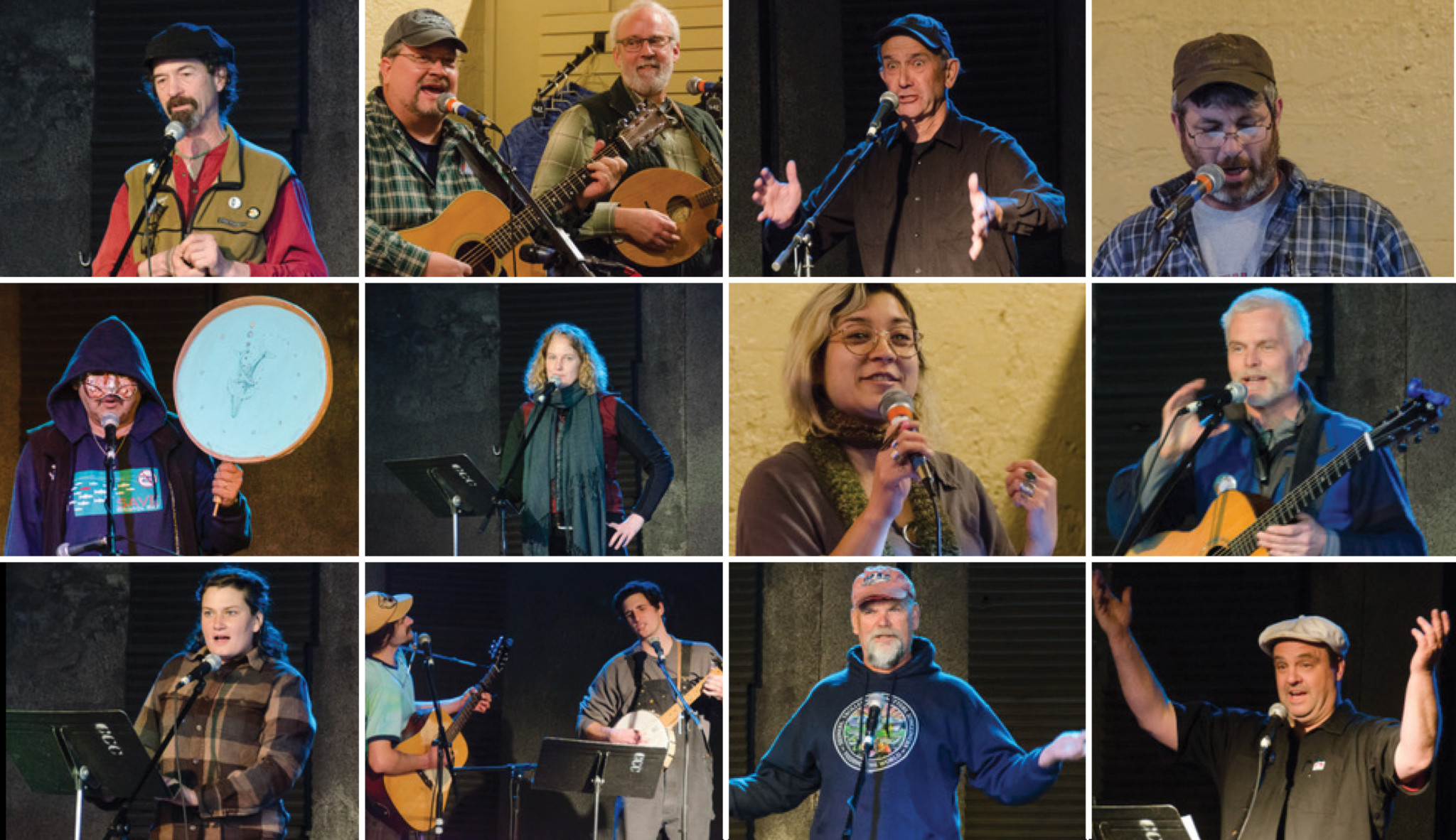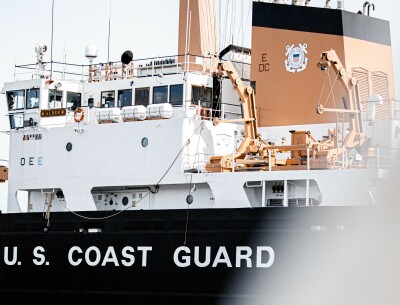Say you’ve just finished stripping the season’s ragged gillnet and have stacked the corkline and leadline in tidy figure eights above the high tide line. The coffee in your cup has grown cold. You wander down the beach to the burn barrel, where a half-dozen setnetters shuffle their boots in the gravel, shifting a bit, trying each to keep out of the sooty smoke. You recognize a few, hands on boats you’ve waved to each time you passed this summer. They make room for you.
Someone’s telling a story, how they drove hard aground in the dark on a sand bar and spent six hours missing fish and waiting for tide. It’s funny now. Someone else hands you a can of beer.
You’ve got other things to do, but one of them isn’t catching fish here at the end of the season, so you linger with this scruffy collection of fishermen: an Amishman — errant from Olson’s crew; a young woman you recognize from Emy’s; Old Tom from the Inlet and two Hispanic guys, farmworkers’ sons from the Valley; two black guys, one an Iraq war vet, you’ll learn, who share a cigarette.
And you, maybe white and masters-degreed, wonder at the bonds that knit this American menagerie together around this burn barrel at stubborn dusk, this drizzly Alaskan evening.
It’s a divisive season in our country. But not here.
Nor in Astoria, Ore., each February, where scores of folks like these gather to celebrate what we have in common: our work in the commercial fishing industry.
When it started 21 years ago, the FisherPoets Gathering hosted 40 or so men and women, mostly from the Pacific Northwest, many of them found from poetry published in the Alaska Fisherman’s Journal. Over the years musicians, storytellers and poets from other commercial fishing cultures have joined us, to everyone’s delight, building creative bridges between our coastal cultures.
Point Judith, New Bedford, Tarpon Springs, the Cranberry Islands dropped in. San Francisco and Chesapeake, Morro and Tomales bays showed up. Folks who’d never seen a grouper or set foot on a lobster boat, who had only a vague idea of a blue crab, nodded, winced and laughed at stories sung, recited and told from coasts far away from theirs.
To everyone’s surprise, the public seems interested. And in February at a dozen venues along Astoria’s waterfront a couple thousand fans of commercial fishing culture will hear a hundred or so of its creative voices celebrate together the work we love, mostly.
If you’ve got a story to tell, pull up to the burn barrel. We’ll make room for you. Join us in Astoria, Feb. 22-24.







